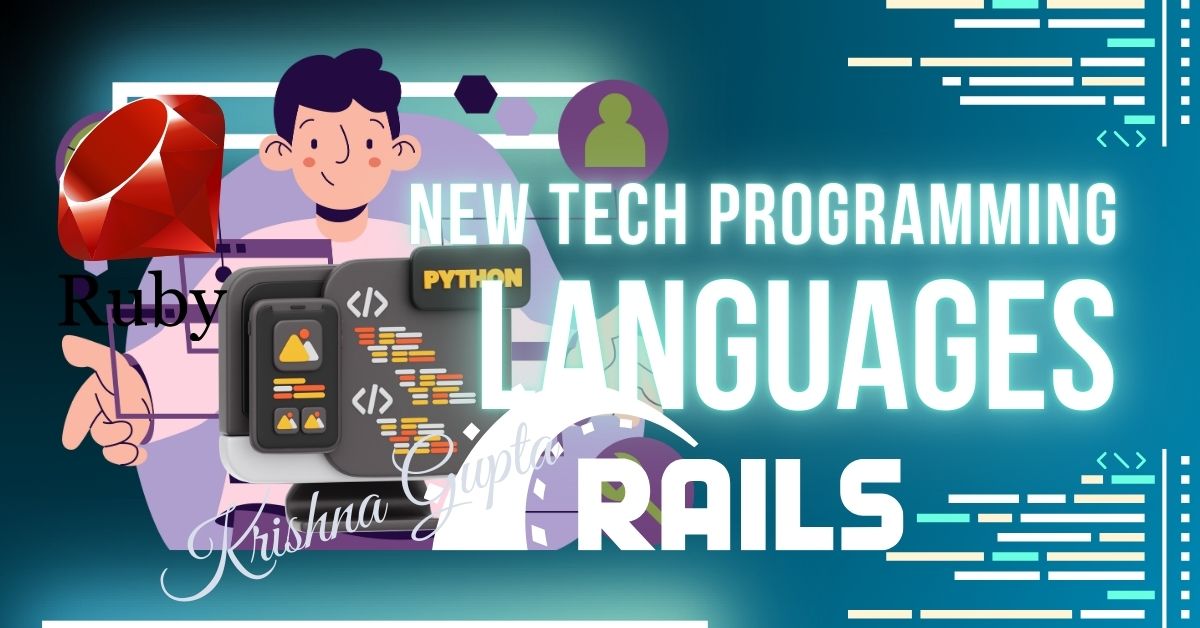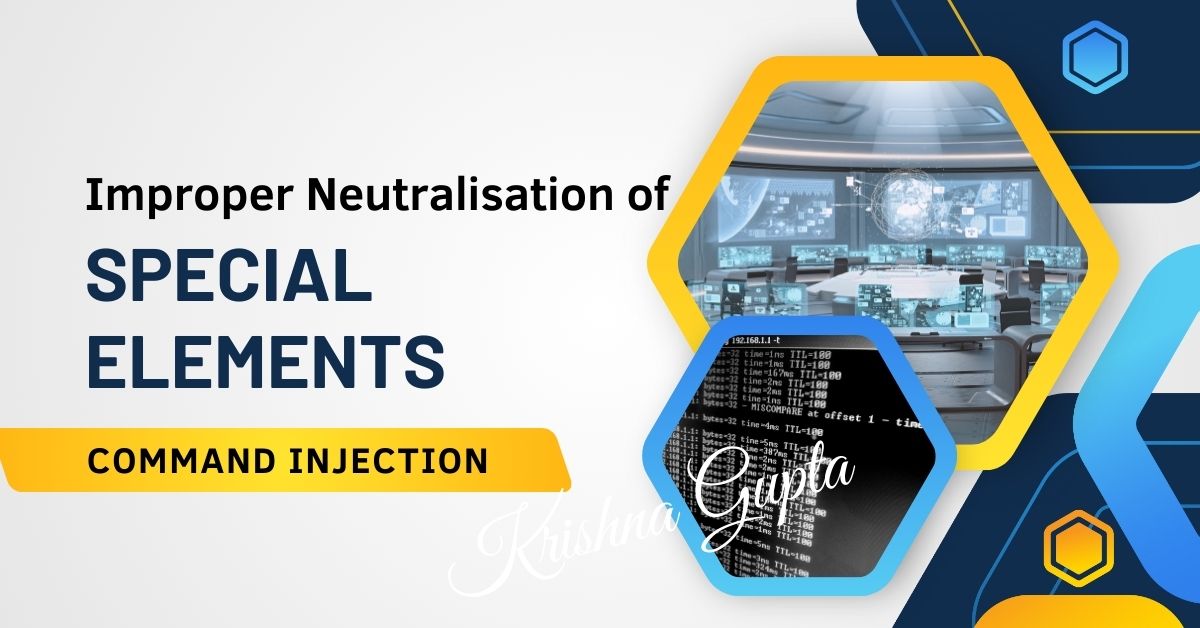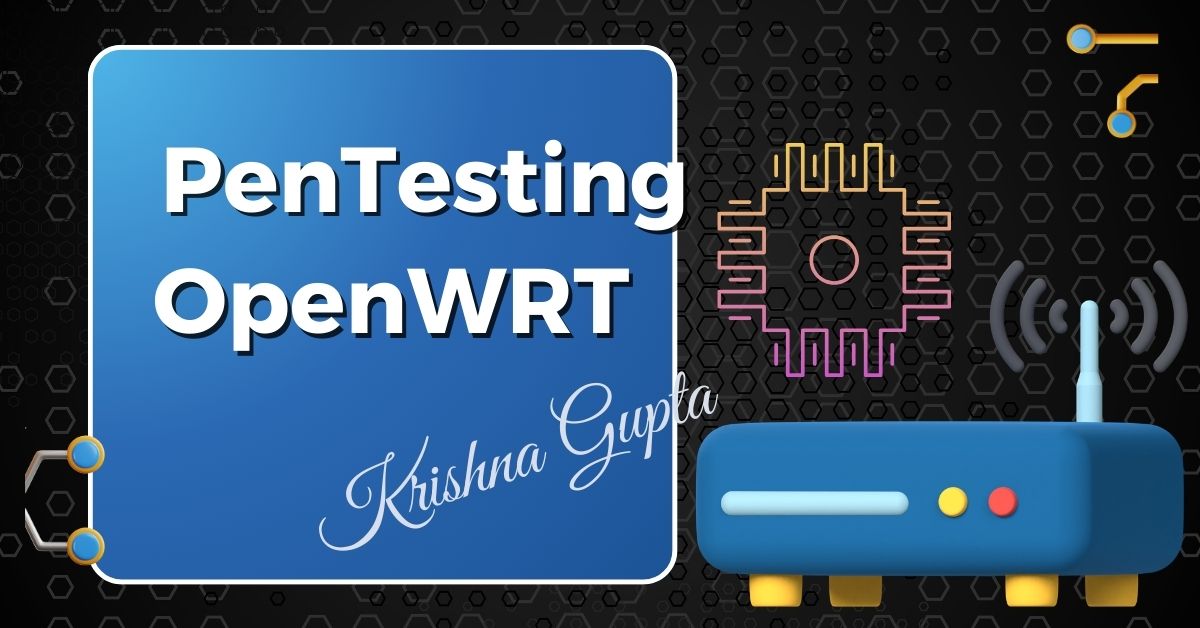OMG Cable: The Stealthy Cyber Threat C-Suite Executives Cannot Ignore
Developed by security researcher Mike Grover (MG), the OMG Cable is a sophisticated penetration testing tool designed to mimic ordinary charging cables while secretly functioning as a remote access device. Unlike traditional USB-based attacks that require victims to download malware, OMG Cables embed malicious hardware within the cable itself.




